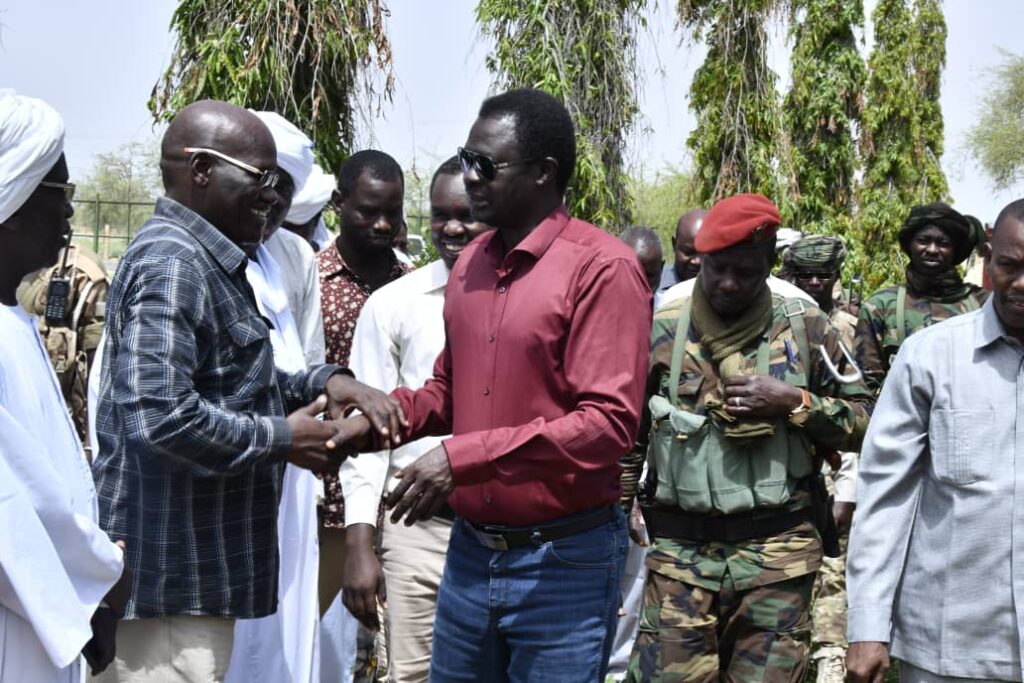Minawi: ‘Darfur to secure humanitarian corridors, develop agriculture’

Efforts are underway in the Darfur region to secure humanitarian corridors for the safe passage of people and aid. The Darfur Ministry of Agriculture launched two projects aimed at securing the food supply and to create job opportunities in the region.
The Darfur regional governor, Minni Minawi, told Arab World Press (AWP) that the region is working to open humanitarian corridors, in collaboration with the Chadian government, “for people fleeing, humanitarian relief, and medical supplies”.
Minawi urged the United Nations to collaborate with the regional government and the Joint Security Forces of Darfur* to secure and deliver relief and humanitarian materials, highlighting that they are “the only force capable of doing so”.
According to the Darfur governor, the Joint Security Forces currently secure a distance of over 1,000 kilometres stretching “from the White Nile to Darfur”.
Addressing recent reports of ‘sexual slavery’ of women and girls in various parts of Darfur, he acknowledged having information about such incidents, but they have not yet been formally documented. “The process of identifying these cases is underway, with the intention of gathering conclusive and irrefutable evidence”, he told AWP.
Minawi called for an immediate halt to the war as the first step towards resolving the current crisis, advocating for a comprehensive national dialogue to “address the deeper issues”.
Agriculture in Darfur
The Ministry of Agriculture of the Darfur region completed its preparations to inaugurate a seed distribution project and the rehabilitation of the Um Bayada agricultural project on Saturday, in cooperation with the Agricultural Research Centre in North Darfur.
The ministry announced the launch of two projects: the first involves restarting and rehabilitating the Um Bayada project, and the second project focuses on seed distribution to 6,000 farmers and 25 agricultural associations. These initiatives aim to achieve food security, create job opportunities for residents, and alleviate poverty in the region.
Speaking at the inauguration, Darfur Governor Minni Minawi stated that one of the regional government’s top priorities is to “transform agriculture from traditional methods to mechanised processes”.
He emphasised that the ongoing war halted projects aimed at supporting agriculture in the Darfur region, and appealed to international organisations and associations for cooperation and assistance.
The head of the El Gezira Agricultural Scheme, Omar Marzoug, outlined plans to plant 600 feddans (approximately 2,521 square kilometres) with wheat crops in the upcoming winter season.
According to UN Food and Agriculture Organisation (FAO), approximately 65 per cent of Sudan’s population relies on the agricultural sector for their livelihoods.
On 23 July, Radio Dabanga reported fears of a ‘failed crop season’ and rising food insecurity in Sudan, in light of financial difficulties brought on by the war and impeded relief efforts.
* In line with the Juba Peace Agreement, the Joint Darfur security force was set up last year with the aim of protecting civilians in the troubled region, and uniting the different rebel movements and government forces.











 and then
and then